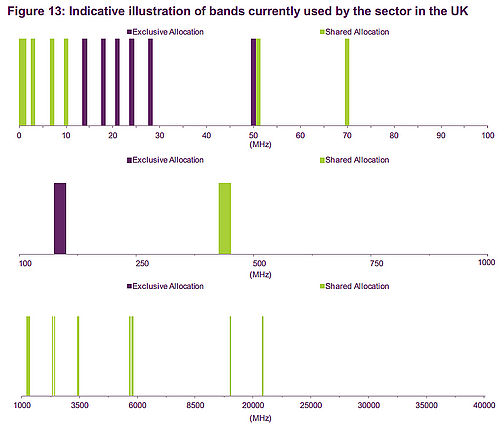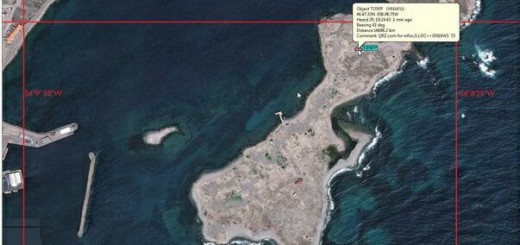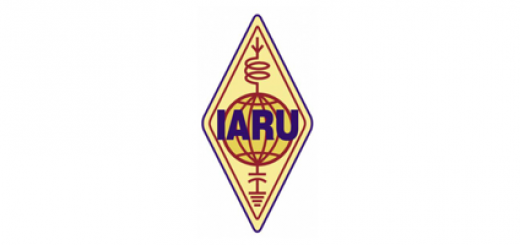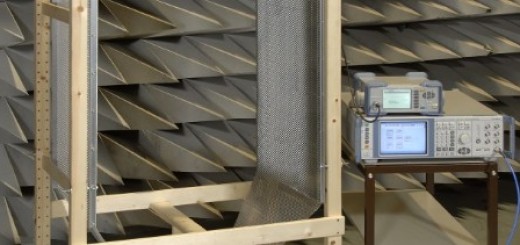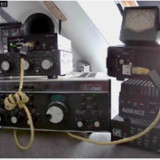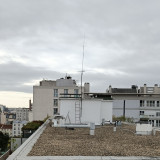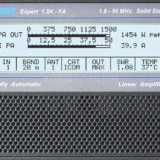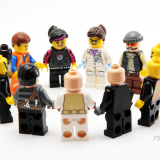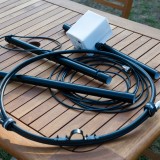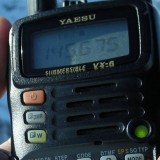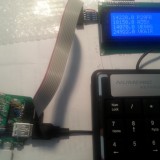Le projet britannique d’usage du spectre impactera t-il les radioamateurs ?
L’OFCOM, le régulateur du spectre britannique (notre CSA-ANFr) vient d’éditer sa vision de la future gestion du spectre pour les dix prochaines années. Cette démarche stratégique s’inscrit dans la révision de la directive européenne RTTE. Tous les pays se posent les mêmes questions sur les moyens d’augmenter la valeur tirée à partir du spectre. La France n’est pas en reste comme l’a bien montré le dernier colloque sur le même sujet organisé à Bercy par l’ANFr (1) et auquel j’ai assisté.
Que dit l’OFCOM sur les radioamateurs ? Une vision que je trouve positive… ![]()
Pas grand chose dans le document de base. C’est surtout dans les annexes (appendix) que l’on apprend des choses. La reconnaissance c’est que le « spectre amateur » n’est pas à appréhender avec les mêmes règles que celles du spectre marchand. Même si on peut évaluer sa valeur économique, un peu comme on le ferait avec le bénévolat…
C’est à la page 73 ![]() Cela ne s’invente pas! Toujours ce merveilleux sens de l’humour de nos cousins britanniques !
Cela ne s’invente pas! Toujours ce merveilleux sens de l’humour de nos cousins britanniques ! ![]()
Appendix to spectrum management strategy: future developments in major spectrum uses
Section 13 Amateur Radio:
A13.1 This section does not follow the structure of those above, as many of the factors that we consider elsewhere are less applicable to the amateur radio sector. Instead this section provides a high-level overview of the sector.
Effectivement, notre activité s’inscrit dans la définition UIT des services d’amateur, une activité « sans intérêt pécuniaire ». Les techniques et les algorithmes d’optimisation du spectre ne s’appliquent pas forcément au spectre amateur, au moins sur toutes les bandes, ne seraient que parce que notre activité n’est pas permanente mais directement liée à la disponibilité des opérateurs, y compris dans le M2M des modes numériques. Il est normal de ne pas avoir des bandes « remplies » du matin au soir ! Le critère d’occupation temporelle reste bien à prendre avec circonspection..
J’avais déjà écrit il y plus de dix ans que le spectre amateur peut tout à fait être appréhendé comme un parc naturel technologique (PNT), un espace fragile à protéger, avec des règles différentes de celles de l’espace marchand.
Le spectre amateur et les Services amateur associés sont le support d’autres valeurs. C’est en cela qu’il est spécifique et intéressant pour l’Humanité.
A13.2 Amateur radio is the use of spectrum for non-commercial communication (including radio hobbyists), training and experimental purposes. Amateur satellite services use space stations or satellites for the same purposes. Amateur radio can foster technical innovation in fields such as telecoms, broadcasting and aerospace, playing a part of the development of new radio technologies.
A13.3 Most countries allocate internationally harmonised bands to amateur radio, often on a secondary basis, sharing with military use. The International Amateur Radio Union (IARU) coordinates amateur radio around the world, while national governments or National Regulatory Authorities (NRAs) licence radio amateurs based on applicants’ understanding of the field. We issue several classes of Amateur Licenses, each recognising a particular degree of technical competence.
A13.4 At present, radio amateurs in the UK have access to 53 different bands from 135.7 kHz to 250 GHz, primarily sharing with other users on a secondary basis. These bands have various uses, depending on their propagation characteristics, and the range of bands available means that radio amateurs communicate across cities, regions, and continents, or across space using text, voice, images and data modes. Figure 13 below gives an indicative illustration of the bands currently used by the sector under 40 GHz.
A13.5 It is difficult to estimate the economic value of amateur radio, for example through its contribution to GDP, as its purpose is not to bring about financial returns but to promote innovation and skills. In 2006 we commissioned a study that estimated the non-commercial aviation, amateur radio and the citizens’ bands to have a producer surplus of £114m and a consumer surplus of £10m (2006 prices) (88). A report published by the Radiocommunications Agency in 2001 estimated the consumer benefit of amateur radio licences to be £2.6m (2002 prices).(89) However, it is likely that amateur radio has additional wider social value from its role in promoting innovation and skills.
A13.6 Amateur radio also has wider social value as a means of emergency communication, a role recognised by the Civil Contingencies Secretariat within the Cabinet Office. The Radio Amateurs Emergency Network (RAYNET) often works with Local Authority emergency planning departments.
A13.7 The use of amateur radio to facilitate training and education in emerging digital technologies and software-defined radio in particular suggests that the number of radio amateurs may remain steady or increase in the long term.
A13.8 The requirements of other sectors of spectrum users may mean that radio amateurs may have reduced access to some spectrum bands that they currently use over the long term. Where this is a prospect we consult on the issue – and are currently doing so with respect to the 2.3 and 3.4 GHz bands that form part of the Government’s PSSR programme.
Notes
(1) Spectre & Innovation. Les fréquences levier de croissance de l’économie. 26 – 27 Juin 2013.
(88) Economic Impact of the use of radio spectrum in the UK, Europe Economics, November 2006,
(89) The Economic Impact of Radio, Radiocommunications Agency, February 2001
Je remets pour information le texte de 2004 de l’OFCOM qui figurait sur le site du RSGB:
« On the launch of the consultation on a proposal to reform amateur radio licensing, the RSGB welcomes the statements made by Ofcom recognising the important role amateur radio plays in providing the stimulus for technical careers and the part radio amateurs play in radio communications research and development. They also pay tribute to the work of radio amateurs during emergencies such as the Boxing Day tsunami in South-East Asia. This is a very welcome change of tack by Ofcom, who earlier this year failed to recognise the role amateur radio and radio amateurs play in the field of technology and in the service they provide to the community at large.
The consultation runs until 18 August and whilst urging all amateurs to take part in the consultation, the RSGB also asks amateurs to take some time to digest the contents of the document before responding to Ofcom. The RSGB will be providing guidance notes to assist amateurs. These notes will be published on the RSGB website shortly. »

